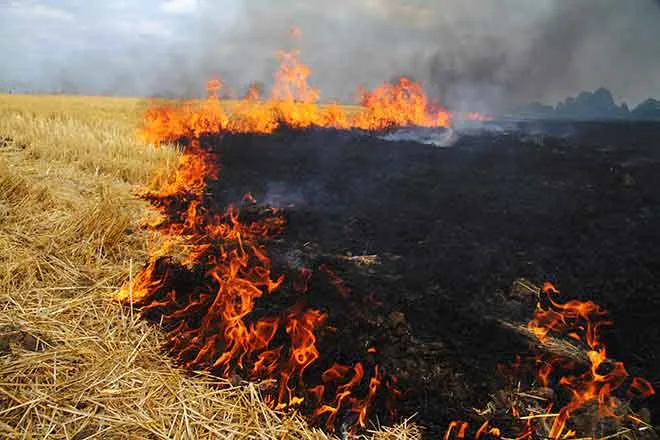
Wildfire Safety – Are You Prepared for a Fire Evacuation?
Wildfires in Colorado – whether in mountain areas or the open plains – often lead to evacuations. Fire danger has frequently been high in the state due to dry conditions and drought through much of the winter. Drought has become extreme in several areas of the state, further increasing the risk.
A fire evacuation can occur with little warning. You may only have minutes – and some cases even less time – to move yourself and your family to safety.
Understand your area and the possible escape routes from your home. Knowing at least two emergency routes is best. Create a map showing directions to safely leave your home and share it with every person who lives there. Keeping a copy in your wallet, purse or backpack is helpful. If you carry a smart phone, take a picture of the map for quick reference. Practice the routes regularly to ensure everyone is familiar with important landmarks along the way. Designate a “rally point” where everyone will meet in case they become separated during the evacuation.
Along with the map, keep a printed list of telephone numbers for each person in your home. Remember, your cell phone could be lost or damaged while you are evacuating, so do not depend upon the built-in contact list to have the numbers you need – keep a printed copy. It is also helpful to have a designated contact who lives outside your area who can serve as a message center or relay point in case people living in your home become separated. Think of people who live several cities – or even states – away who are unlikely to be affected by a fire or other disaster near your home. Make sure they are prepared to relay messages and information for you.
While you may be able to evacuate to a shelter, it may take time to get there. Have a supply of food and water with you to use while shelter services are being set up. Keep a supply of critical medications in case you cannot return to your home quickly.
Power may be out over a large area, so credit/debit card transactions and ATMs may not work. Keep some extra cash with you for emergency purchases.
If you live in a high fire danger area, keep your gas tank at least half full, just as you would do for winter driving. You may not have time to fuel your vehicle during an emergency.
Finally, ensure that you have copies of important documents, such as birth certificates, insurance papers, financial records, property deeds and similar hard-to-replace documents. Take pictures of the documents with your phone or scan them to a “thumb drive”/memory card (external computer memory device) for portability and easy access. Also consider keeping copies of these important items with a trusted relative or friend who does not live nearby. A fire-proof safe may be helpful, but keep in mind that they are usually intended to protect paper, not things like DVDs, portable hard drives, and memory cards.
Other helpful items
- Flashlight
- Portable radio
- First aid kit
- Personal hygiene items
- Cell phone charger
Evacuations – due to fire or for other reasons – can be frightening and stressful. Preparing yourself, and practicing your plan regularly, can help minimize the stress so you can focus on your safety.

















